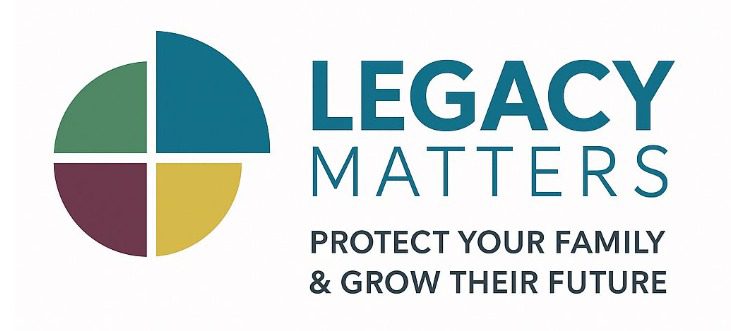Can a trust be challenged or contested in the UK and what are the grounds for doing so?
While trusts are generally considered legally binding arrangements, there are circumstances where they can be challenged or contested. Beneficiaries or other interested parties may seek to challenge a trust if they believe there are valid grounds to do so. Legacy Matters recognizes the complexities surrounding trust challenges and provides expert support to navigate such situations. In this article, we will explore whether a trust can be challenged or contested, outline the grounds for contesting a trust, and highlight how Legacy Matters can offer valuable assistance in resolving trust disputes.
I. Can a Trust Be Challenged or Contested?
- Yes, a Trust Can Be Challenged: Although trusts are designed to provide certainty and security in estate planning, they are not immune to challenges. In certain circumstances, interested parties may seek to challenge a trust if they have valid legal grounds to do so.
- Legal Process for Trust Challenges: Challenging a trust involves initiating legal proceedings and presenting evidence to support the claim. The process typically involves court intervention, where the validity or administration of the trust will be examined.
- Legacy Matters’ Expertise in Trust Challenges: Legacy Matters understands the complexities of trust challenges and provides expert support to navigate these situations. Their team of experienced professionals can assist in assessing the validity of a trust challenge, exploring legal options, and providing guidance throughout the resolution process.
II. Grounds for Contesting a Trust
- Lack of Testamentary Capacity: A trust may be challenged if the person who established the trust (the settlor) was deemed to lack the mental capacity to understand the nature and consequences of their actions at the time of creating the trust.
- Undue Influence or Coercion: If there is evidence to suggest that the settlor was unduly influenced or coerced into creating or amending the trust, interested parties may challenge the trust on the grounds of undue influence.
- Fraud or Misrepresentation: If the trust was established based on fraudulent or misrepresented information, interested parties may seek to challenge the trust on the grounds of fraud or misrepresentation.
III. Legacy Matters: Assisting in Trust Challenges
- Expert Assessment: Legacy Matters can assess the validity of a potential trust challenge by thoroughly examining the grounds and evidence presented. They can provide an objective evaluation of the situation and offer guidance on the best course of action.
- Legal Guidance and Representation: Legacy Matters offers legal guidance and representation in trust challenges. They can provide expert advice on the legal process, gather necessary evidence, and work towards a resolution that aligns with the best interests of the involved parties.
- Mediation and Dispute Resolution: Legacy Matters can assist in mediating trust disputes, aiming to find a mutually satisfactory resolution outside of court. Their expertise in mediation and dispute resolution can help parties navigate complex emotions and reach an amicable outcome whenever possible.
While trusts are typically considered legally binding, it is possible for them to be challenged or contested under certain circumstances. Legacy Matters recognizes the complexities surrounding trust challenges and provides expert support in resolving such disputes. Whether a trust is being challenged based on lack of testamentary capacity, undue influence, or fraud, Legacy Matters can offer expert assessment, legal guidance, and representation throughout the process. Trust in Legacy Matters to navigate trust challenges with professionalism, expertise, and a commitment to protecting the best interests of all parties involved.
Over Twenty Years Providing User-Friendly And Professional Legacy
Solutions in Cambridge.
Advice And Expertise to Create a Will Which is Right For You
This is where the expertise of our Will writing team comes in. With many years of experience, they will start by providing you with a free Will review to understand your needs and discuss options. If you already have a Will in place, they will explain what that means under your current circumstances. If you don’t they will talk through what you need to consider when writing your Will.
Protect those you Love
Expressing your wishes of who should benefit after your death.
Guardianship for Children
Deciding who should take on your children if they are under 18 when you die.
Will Trusts for the Vulnerable
Putting control in place for those who most need protection.
Tax Efficient Wills
Arranging your estate in the most effective and efficient way.
Convenient Appointments
We can meet you at a time and place that suits you – even online if you prefer.
Regular Will Reviews
We’ll send you friendly reminders to make sure your Will is up to date as your circumstances change.

